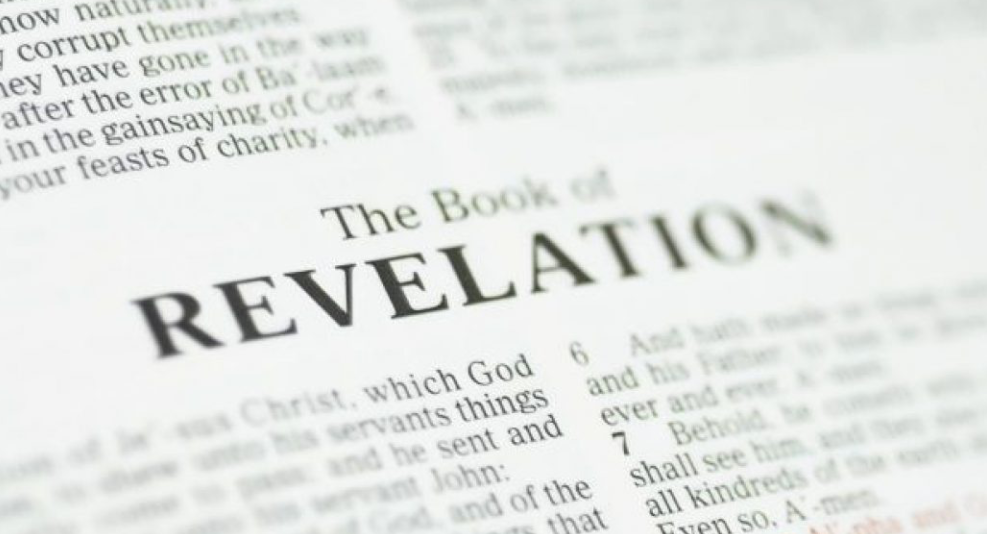
Does Dispensationalism Get Revelation Wrong? I constantly come across polemics against the futuristic premillennial view of the Book of Revelation. Some are fairly irenic, others are harshly critical. But how do the critics fare with Revelation?
Rossing Exposed
Perhaps the worst example of a polemic against dispensationalism was Barbara Rossing’s book The Rapture Exposed. Rossing is an academic, a Lutheran minister and is associated with the ELCA. Her bio states that she is an expert in: Apocalypse; Bible; New Testament; Revelation; Middle East and Eschatology.
I’m dubious about anyone who claims to be an “expert” in these fields, regardless of their millennial position. Sadly, “experts” sometimes attract uncritical followers.
In fact Rossing’s book was intended to extend beyond the scope of the pretrib rapture. She had issues with a number of things including the alleged dispensational ambivalence towards the environment. Rossing is also an anti-Zionist and praised the beauty of The Dome of the Rock in her book. The Dome denies the divinity of Christ.
Rossing claims that Revelation is not about apocalypse, but renewal. She calls Christ the “Lambkin” who cannot return in wrath. How does she come to these conclusions? She’s an expert who overlays her presuppositions over the text. Simply put, she reads Scripture using her thick filters.
Kevin Zuber on Rossing
Perhaps the best take on Rossing’s “Exposed” polemic is Kevin Zuber’s,
Her work is given the patina of “scholarship critical of pop-theology,” the latter being drawn principally from the so-called Left Behind series of books written by Jerry Jenkins and Tim LaHaye. It is also important to note that her work has been cited approvingly, as a scholarly work, by other scholars (for instance by Ben Witherington’s The Problem with Evangelical Theology)…
For these reasons dispensational theology must address the critique of Dr. Rossing’s book. But then again, especially in the light of these reasons, one is dismayed that Dr. Rossing’s book must be addressed because it is such a poor book…keep reading (page 69, emphasis mine)
All Things New
Recently I came across Brian Tabb’s new book “All Things New.” It isn’t a verse by verse commentary on Revelation. Rather it is divided into five parts and subsections addressing different aspects of Revelation. For example, there’s a section on The Triune God. The chapters may be read in any order.
Tabb takes an Eclectic view. He’s gracious where he disagrees with the Futurist view and in many areas quite insightful. He cites Robert Thomas and John MacArthur rather than pop-prophecy teachers. Yet interaction with these two is minimal compared to Beale and Bauckham etc.
Covenant Theologians aren’t fond of the term “Replacement Theology“. Notably, on page 107, Tabb writes that “Revelation 3:9 presents further evidence that the church is true Israel.” Elsewhere he makes a deductive leap by suggesting that the Ezekiel Temple and the New Jerusalem Temple is the same thing expressed in different ways.
That Tabb isn’t a premillennialist forces him to make these types of deductions. Hence he would likely warn us that Revelation 20 is “notoriously difficult” to interpret. I guess it is if it disagrees with one’s theology.
Reading Revelation responsibly?
Michael Gorman (Reading Revelation Responsibly) wrote that one should look at the Big Picture when reading Revelation. So are premillennialists and dispensationalists irresponsible?
I can’t help thinking that some systems need to re-paint what the original painter of the picture intended. The “big picture (eternity) ending” may be the same, but the preceding details are important. Some “systems of interpretation” are ways of avoiding what the texts actually say, especially regarding national Israel.
The responsible approach to any Scripture – let alone the Book of Revelation – is to seek what the author intended. In this light I highly recommend Tony Garland’s article “Systems of Interpretation.”
See also Tony Garland’s Commentary on Revelation.
Maranatha
Further reading
The Dangers of Premillennialism
